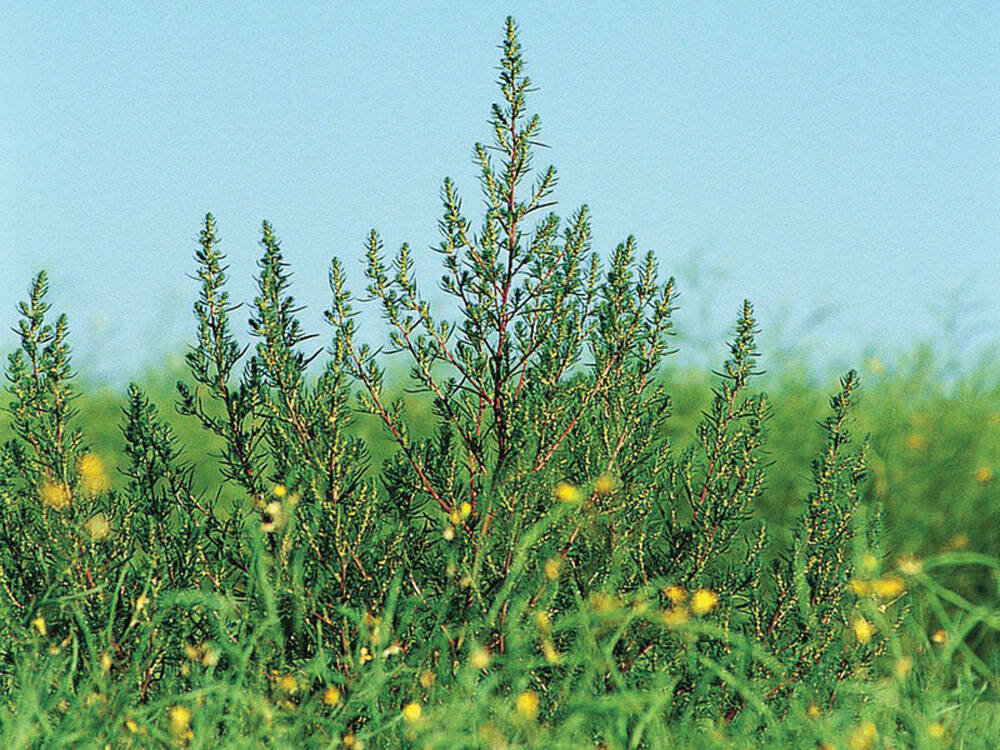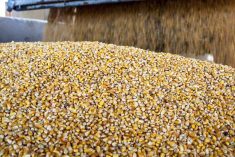Chicago | Reuters — U.S. soybean futures rallied 2.7 per cent to a three-month high on Thursday as the latest weather forecasts for key northern growing areas turned wet again, threatening to add further delays to planting that was already well behind schedule, traders said.
Corn futures were weaker on pressure from disappointing export data while wheat was mixed. Spring wheat contracts firmed on for another slowdown in planting in the northern U.S. Plains while winter wheat futures eased.
Strength in crude oil added support to soy.
Read Also

FMC Canada unveils 2026 crop protection roster
FMC Canada’s crop protection lineup for 2026 will include four products marketed for control of kochia.
The most-active Chicago Board of Trade soybean futures contract posted its biggest daily percentage gain since March 1 as traders digested what the delays would mean for harvest prospects in states such as North Dakota and Minnesota.
“It will be wetter,” said Mike Zuzolo, president of Global Commodity Analytics. “Yesterday at this time, we thought that we would see an opening and planters would roll in that area.”
CBOT July soybeans settled up 45-1/2 cents at $17.26-1/2 a bushel (all figures US$). Soybeans, which had traded in negative territory for much of the overnight session, peaked at their highest price since Feb. 24.
The benchmark CBOT July soft red winter wheat contract was down 5 cents at $11.43-1/4 a bushel while MGEX July spring wheat gained 11-3/4 cents to $12.92-1/4 a bushel.
Commodity Weather Group said in a note to clients that rains would disrupt seeding in North Dakota, South Dakota and Minnesota — the states furthest behind schedule due to cool and wet weather throughout the spring — starting on Saturday.
CBOT July corn was down 7-1/4 cents at $7.65 a bushel.
The U.S. Agriculture Department said that weekly export sales of corn totaled 210,000 tonnes, below forecasts that ranged from 350,000 to 1.3 million tonnes. Read full story
— Reporting for Reuters by Mark Weinraub in Chicago; additional reporting by Maytaal Angel in London and Rajendra Jadhav in Mumbai.

















